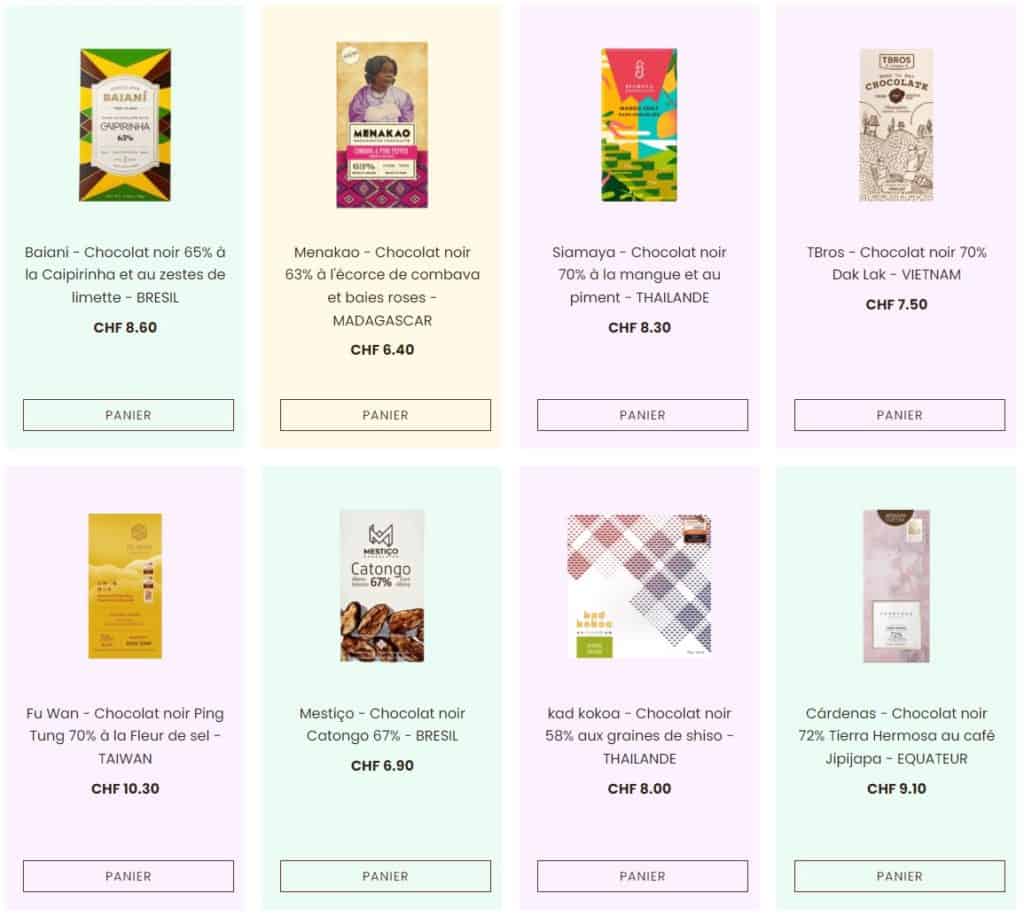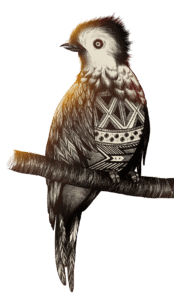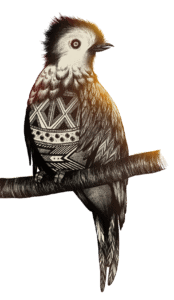Be the first to read new publications, subscribe to our Newsletter
CriolloQuetzal and the Swiss world of Bean-to-Bar and Tree-to-Bar chocolate
Not all chocolate makers know how to make chocolate!

Bean-to-Bar and Tree-to-Bar chocolate in Switzerland
The Bean-to-Bar movement appeared in the 2000's and has been followed by many chocolate makers around the world whose goal it is to control every step of the production chain. A few years ago, this concept made its way to Switzerland, the Land of chocolate!
A Bean-to-Bar chocolatier sources beans from cocoa producers or cooperatives distributing them, and then carries out every step of their transformation until the final product, a chocolate bar. Some may think that that’s how all chocolate is made, but in fact, less than 1% of the world's chocolate is produced in this way, giving the Bean-to-Bar approach a whole new meaning and so much more value.
Indeed, if we exclude industrial chocolate and focus only on artisanal production of small and medium-sized chocolate makers, we discover that the vast majority of their sweets are actually made from semi-finished products supplied by the food industry. Couverture chocolate bought in bulk is melted, poured and molded or assembled by these chocolate makers. The bars, truffles and Easter bunnies, sometimes topped with spices or other more or less original inclusions, are then sold at a relatively high price.
The actual, all too rare artisan chocolatiers are those who have mastered all the processing and manufacturing techniques of the beans themselves. Bean-to-Bar artisans also care about knowing exactly where their raw material comes from, who grows it, and in what working conditions.
In Switzerland, some small artisanal chocolate makers offer Bean-to-Bar products. In those cases, the designation is clearly stated on the product, implying that their other chocolate is not Bean-to-Bar. One example is a delicious pure origin Cameroon bar made and sold by Espace Chocolat (Lausanne and Yverdon) and sourced from recently certified organic estate Noa Noa.
As for medium-sized producers, we’d like to highlight Geneva-based Orfève's rare and ultra-elegant products; Adliswil-based Taucherli’s bars made from beans sourced with the greatest respect; or Zurich-based Garçoa’s organic and oh-so beautiful products. These chocolates, as well as many others that we encourage you to discover, can be purchased through other specialized retailers such as Chocolats du Monde.
Wanting to take the concept even further, some chocolate makers have developed the idea of Tree-to-Bar which, in addition to all the above, means that the producer has mastered the art of growing cocoa as well as harvesting, fermenting and drying it.
Very few producers in the world have these skills, but those who are part of this very small group can boast complete control over the entire production chain of their chocolate, from A to Z. They do not rely on any external supplier other than those from whom they purchase sugar or any other inclusions added to their bars. Almost all Tree-to-Bar producers, such as Soklet in India, Baianí in Brazil or TBros in Vietnam, are located in the country where their cocoa is grown. Very few of these high-quality products can be found in specialized shops in Switzerland and Europe.
 At CriolloQuetzal, our mission is not only to introduce chocolate lovers to the exceptional products of the best Bean-to-Bar and Tree-to-Bar chocolate makers, but also to offer these artisans access to the Swiss and European markets. Therefore, we have made the choice not to offer items produced by Swiss chocolate makers, but only rare products, made in small quantities in cocoa-producing countries with the best fresh and locally sourced ingredients.
At CriolloQuetzal, our mission is not only to introduce chocolate lovers to the exceptional products of the best Bean-to-Bar and Tree-to-Bar chocolate makers, but also to offer these artisans access to the Swiss and European markets. Therefore, we have made the choice not to offer items produced by Swiss chocolate makers, but only rare products, made in small quantities in cocoa-producing countries with the best fresh and locally sourced ingredients.
We work according to the principles of direct trade, i.e., without any intermediaries, guaranteeing that 50% of the selling price of the bar remains in the producing country, as opposed to 5-7% for a so-called "Fairtrade" product bought in Switzerland, and we financially support the social and ecological measures implemented by our partners. We import their products to Switzerland and sell them directly on our e-boutique to the final consumer, all with a zero-carbon footprint because we compensate all CO2 emissions we generate.


